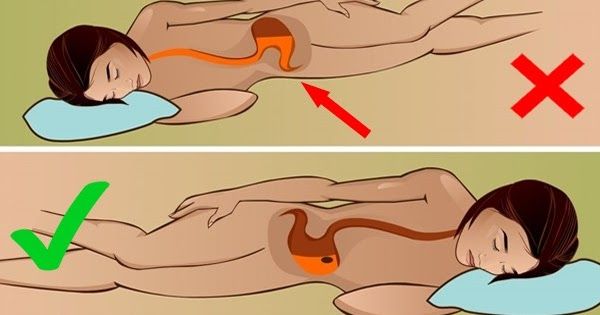
Dealing with chronic constipation can be uncomfortable and frustrating, but did you know that a specific vitamin could offer a solution? Vitamin D, often hailed for its role in bone health, also plays a crucial part in digestive health. This essential nutrient might just be what you need to alleviate constipation and improve your overall wellness. Let’s explore how Vitamin D can help and how you can ensure you’re getting enough of it.
Vitamin D and Digestive Health
Vitamin D is key not only for calcium absorption and bone health but also for the proper functioning of your muscles, including those in your digestive tract. It helps to regulate the muscle movement that propels waste through your colon, known as peristalsis. When your body has adequate levels of Vitamin D, these muscles work more efficiently, reducing the likelihood of constipation.
How Vitamin D Helps Alleviate Constipation
-
Enhances Muscle Function: Vitamin D helps strengthen the muscles in the digestive tract, improving the peristalsis process that helps move stool through the colon.
-
Boosts the Immune System: A healthy immune system supported by adequate Vitamin D can better fight off infections that might contribute to digestive issues.
-
Improves Gut Health: Vitamin D has been shown to play a role in maintaining the balance of good bacteria in the gut, which is essential for healthy digestion and can prevent constipation.
Sources of Vitamin D
Getting enough Vitamin D can be a challenge, especially in areas with limited sunlight. Here are some ways to ensure adequate intake:
-
Sunlight: Just 10-15 minutes of daily midday sun exposure can help boost your Vitamin D levels.
-
Dietary Sources: Include foods rich in Vitamin D in your diet, such as fatty fish (salmon, mackerel, and sardines), fortified dairy products, orange juice, and egg yolks.
-
Supplements: If you’re unable to get enough Vitamin D from sunlight and diet, consider taking a supplement. It’s important to consult with a healthcare provider to determine the right dosage and ensure it’s safe for you.
Conclusion
If chronic constipation is a part of your life, increasing your Vitamin D intake could provide relief. By understanding the role of this crucial vitamin in digestive health and taking steps to incorporate more of it into your daily routine, you can help ease the discomfort of constipation and enhance your overall quality of life. Remember to discuss any new supplement regimen with your healthcare provider to tailor it to your specific health needs.





